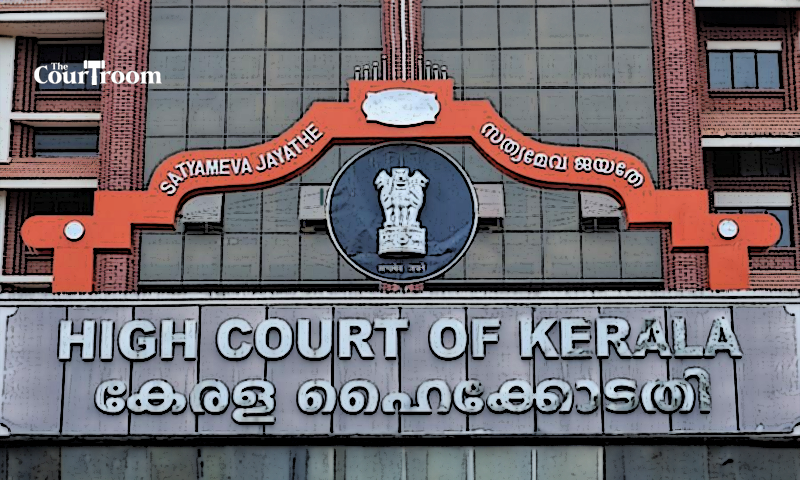The Kerala High Court has recently issued a directive for the removal of unauthorized religious structures from government-owned land throughout the state, citing concerns that such unlawful constructions could potentially fuel tensions among various religious communities.
In a judgment dated May 27, Justice P V Kunhikrishnan instructed the State Chief Secretary to direct District Collectors to investigate and identify any illegal religious structures like stones, crosses, or other constructions on government land.
The court mandated that if any such structures are discovered, they should be removed within six months after conducting a thorough inquiry and hearing from affected parties by the District Collectors with the assistance of the police.
Emphasizing the importance of communal harmony as enshrined in the Constitution, the court urged prompt action to evict all illegal religious structures to reinforce the country’s secular fabric.
The ruling stemmed from a petition filed by the Plantation Corporation of Kerala, alleging encroachment by certain political groups on its properties. While the police explained that plantation workers, primarily Hindus, had erected small worship structures due to a lack of nearby religious sites, the court cautioned against actions that could lead to communal disharmony.
While acknowledging constitutional guarantees of religious freedom, the court stressed the need to maintain public order and highlighted the risk of widespread encroachment arising from temporary religious structures on government land.
It dismissed arguments that the removal of these structures would result in law and order issues, cautioning against the emergence of illegal structures under the pretext of religious worship, given Kerala’s diverse religious landscape.
The court underscored the need to prevent any single religion from monopolizing government land, suggesting that such actions could provoke tensions among different communities.
Referring to Hindu mythology of Narasimhavatharam, the court reminded believers that God is omnipresent and encouraged the utilization of government land for the collective benefit of all individuals, rather than constructing religious structures.
Consequently, the court directed the eviction of all encroachments, including religious structures, on government land owned by the Plantation Corporation and called for a report within a year on the progress of removing such illegal structures statewide.
The petitioners were represented by advocate Rajesh N., while Government Pleader Riyal Devassy represented the State, and advocate K K Sethukumar appeared for private individuals mentioned in the case.
Share your news, articles, deals, columns, or press releases with us! Click the link to submit and join our platform today.


